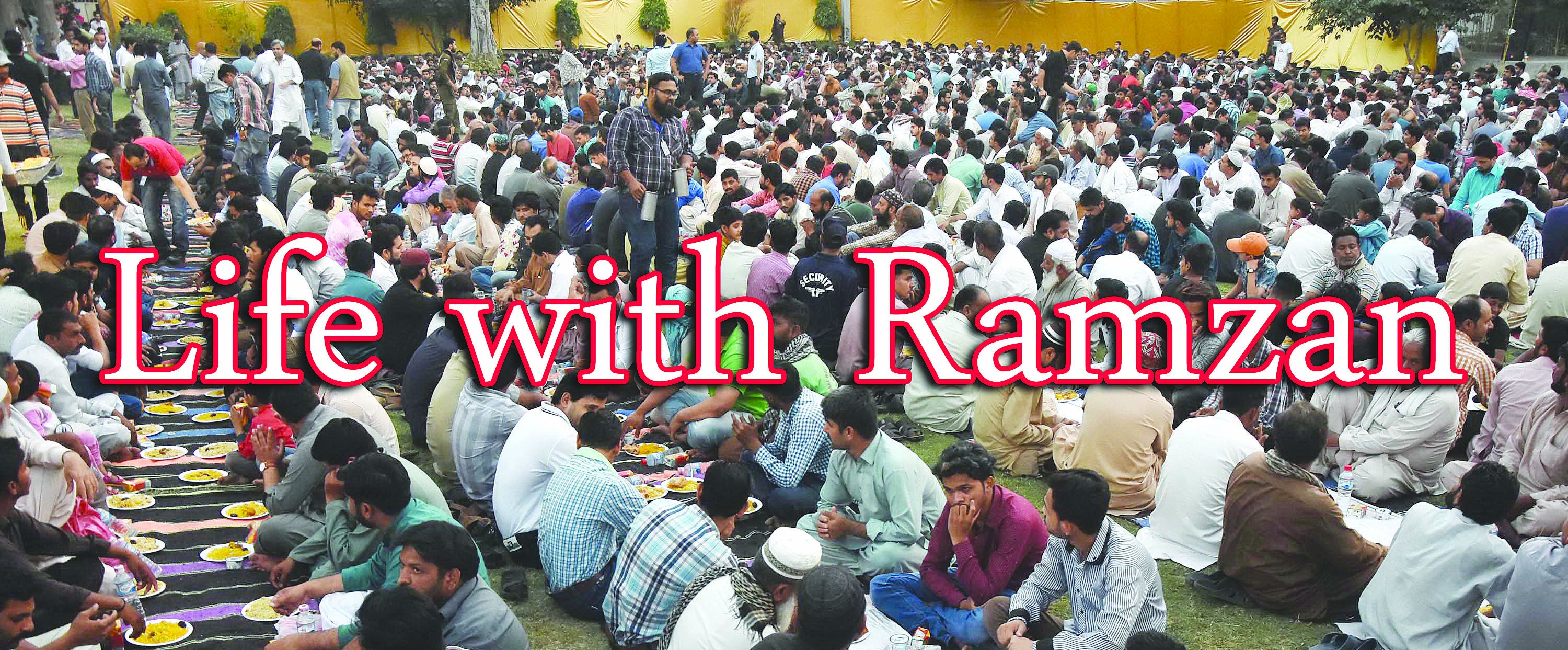

Come Ramzan and everything changes around us. For many, everyday life is defined by fasting from sehri to iftari, including the never-ending day. The sleeping and working patterns receive a shock, as do the ways we speak to and deal with each other. While fasting teaches us self-discipline, patience, tolerance, and compassion for each other, not everyone seems to be conscious of the philosophy behind the month-long exercise. The low levels of energy often find expression in hot tempers. Those making up for the hours-without-food often end up upsetting their stomach at iftar. What to eat and how much to eat at iftar and sehri is worth exploring and taking seriously.
A roza daar or not a roza daar, Ramzan demands of us to behave in a certain way. Laws alone, like the Ehtram-e-Ramzan Ordinance 1981, cannot work to bring in positive changes in one’s behaviour during that month. Ironically, such laws end up enforcing something on people that should be voluntary, without taking into account people from other faiths, patients, and labourers.
Also read: Intent of law
Apart from the effects on one’s own self, life around us is not the same. Businesses have to adjust to the fasting hours as people have little urge and energy left to come out of their homes or offices for shopping during the hot days, unless it is something urgent. In a way, the day and night take each others’ place, with people going out, savouring food at their favourite restaurants and youngsters playing cricket late into the night. Amid all this temporary readjustment, the spirit of Ramzan should not be lost on us.